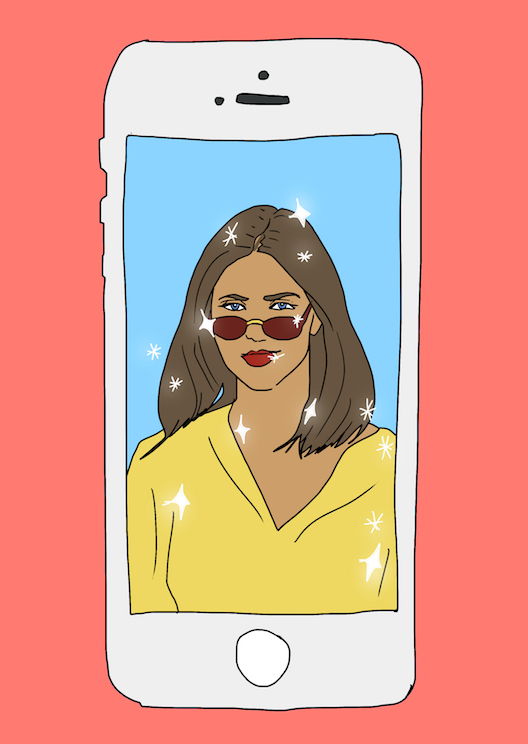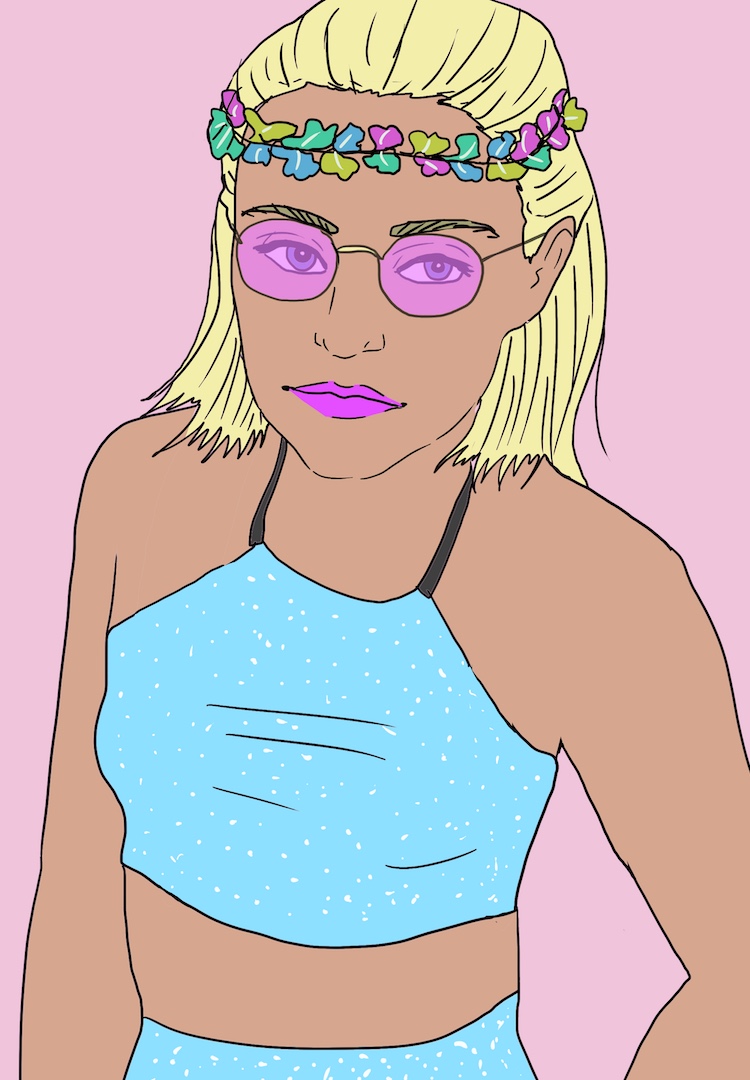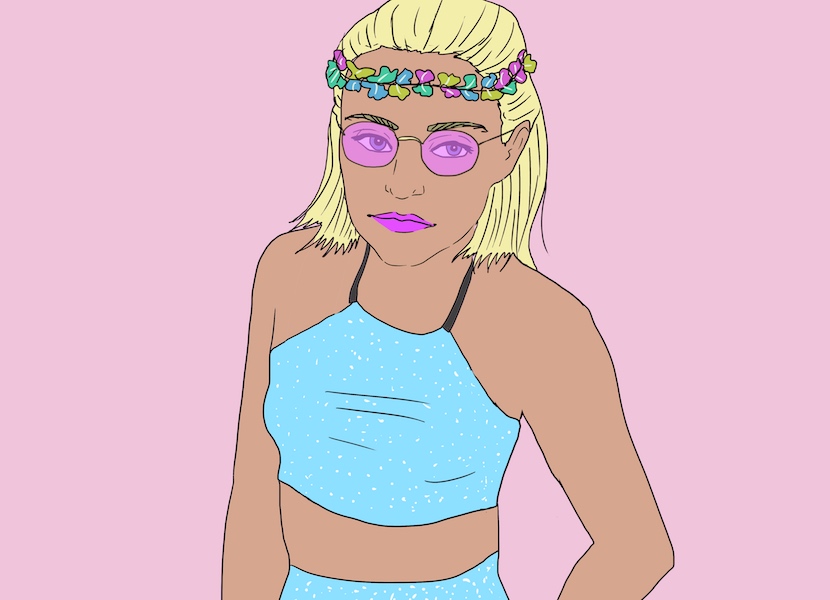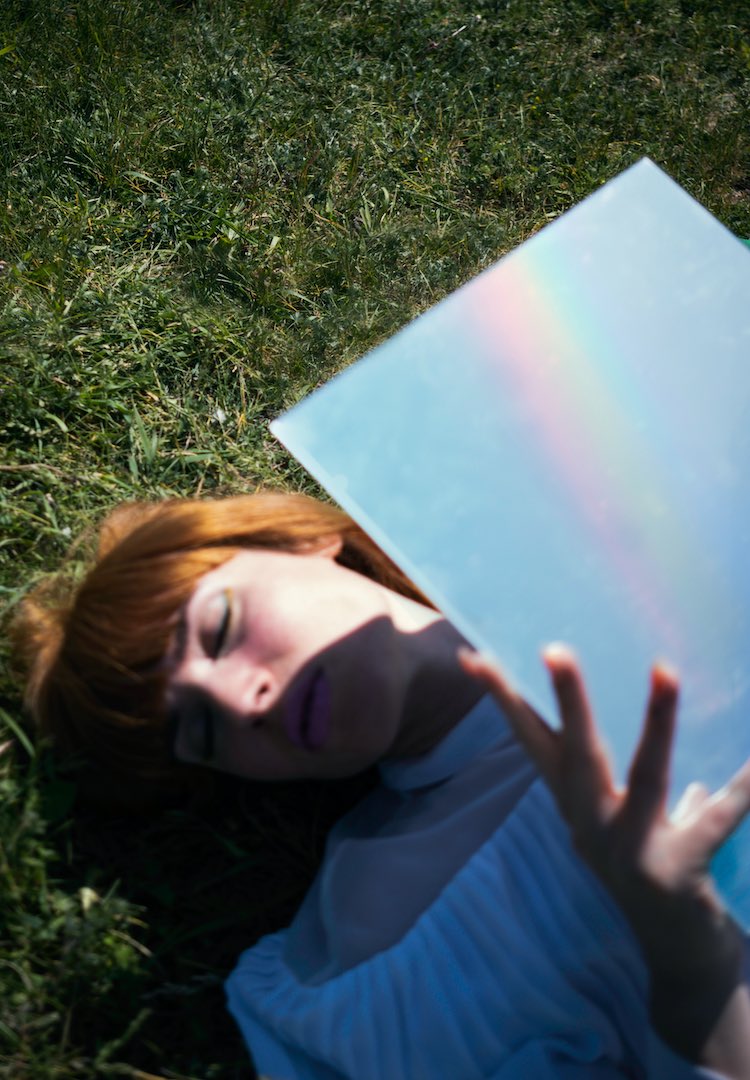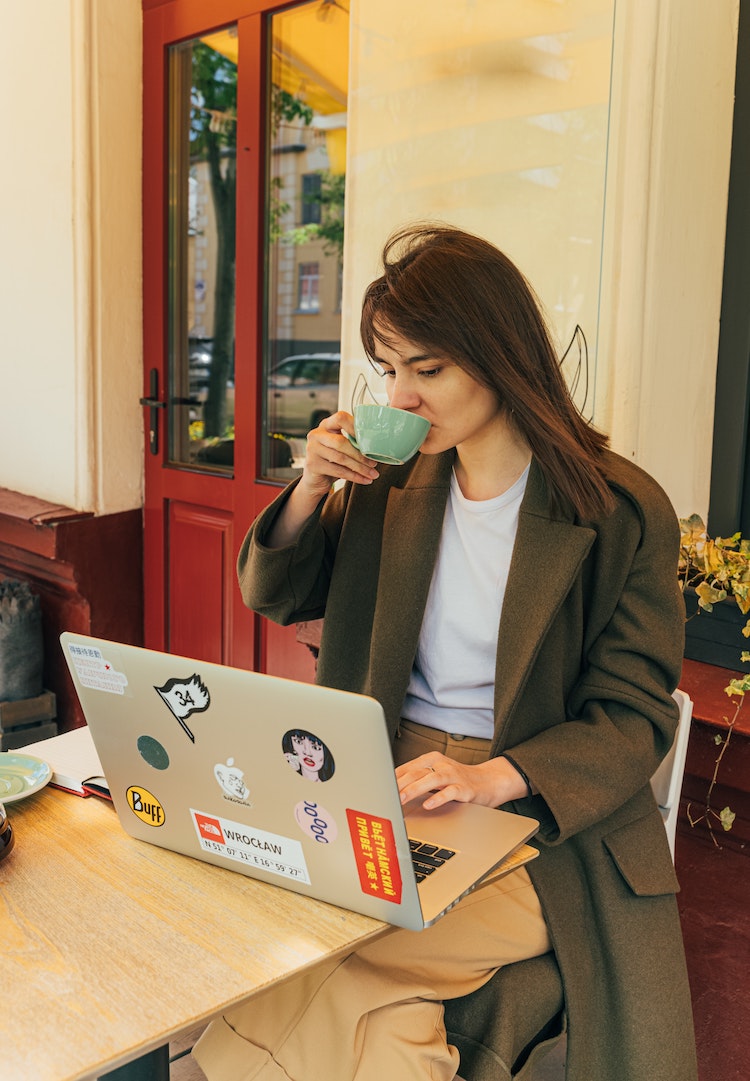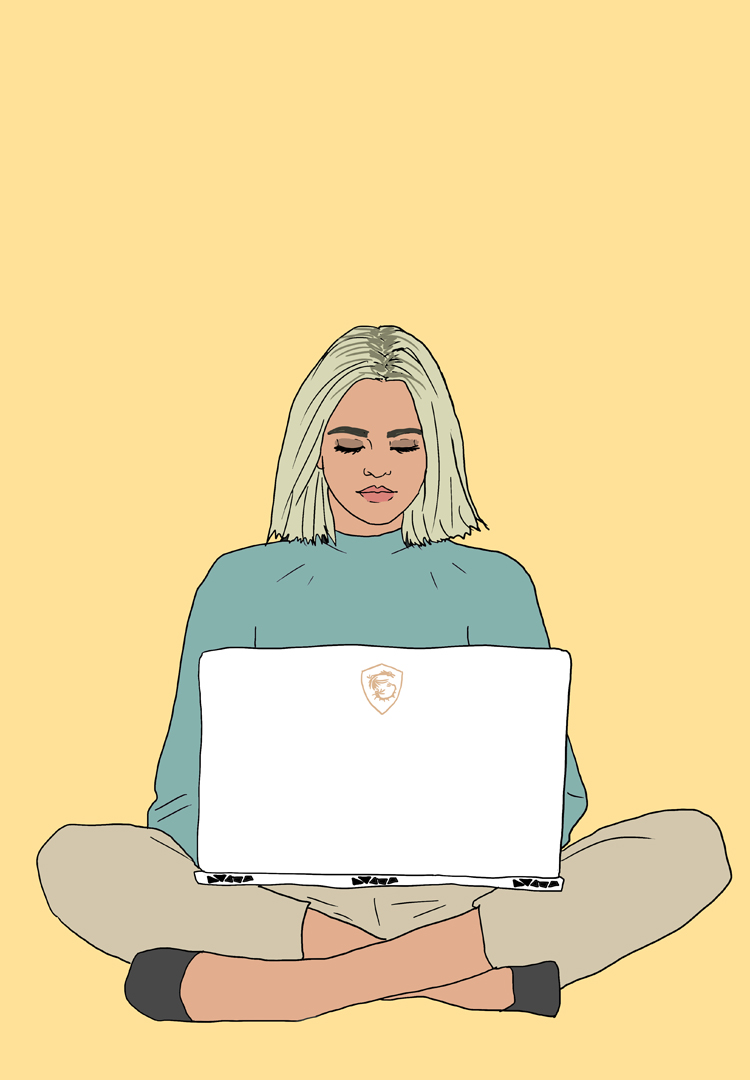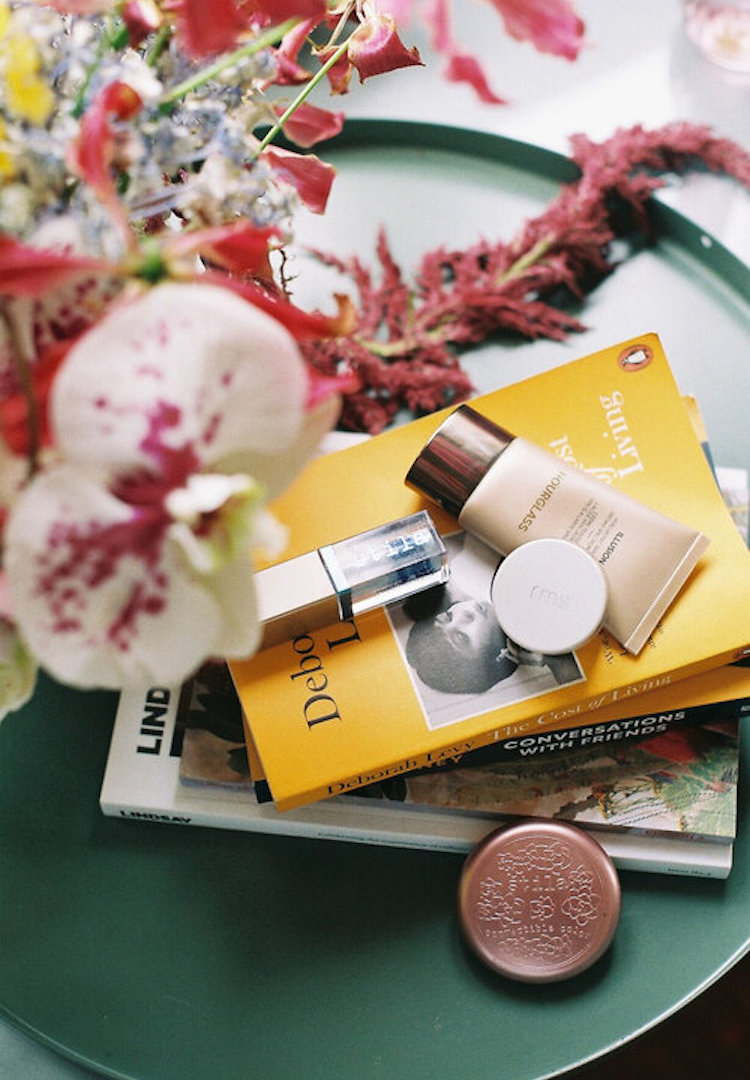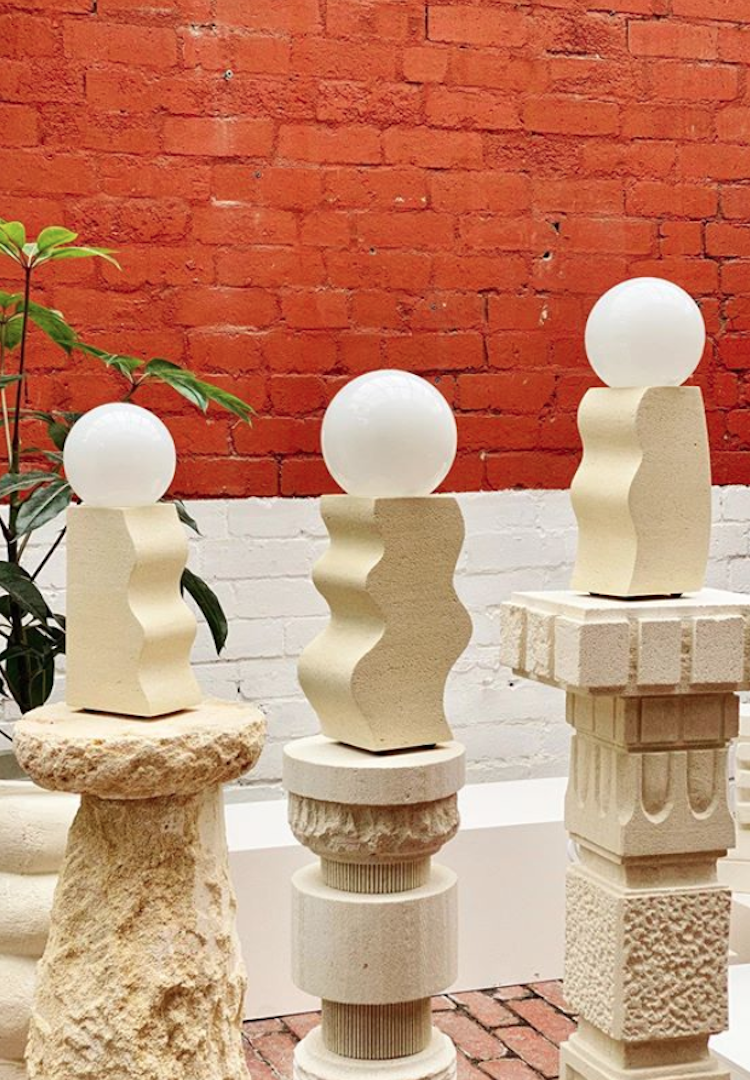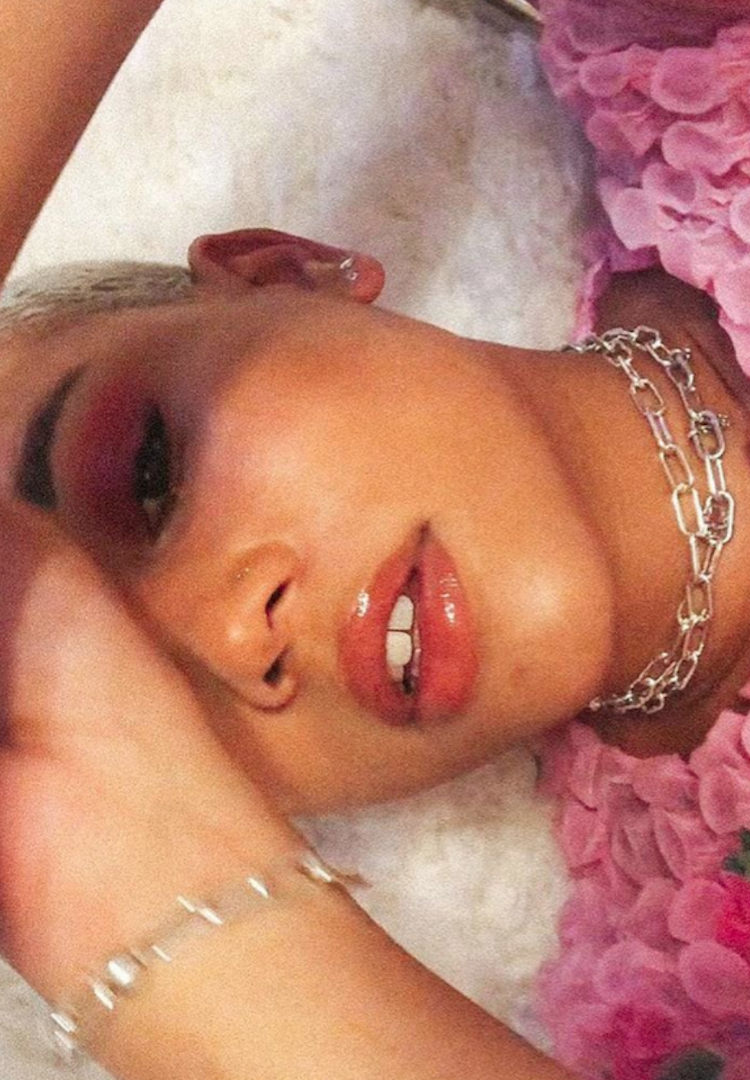What is a VSCO Girl and why do we hate teenage girls on the Internet?
Image by Twylamae
Words by Jonti Ridley
Damned if you do, damned if you don’t.
Every quinquennial has one. With every reincarnation there is a new label and a new starter-pack meme.
‘Basic Bitch’, ‘Tumblr Girls’, ‘E-Girls’, and the newest viral sensation, ‘VSCO Girls’. No matter what you call them, they all have the same thing in common. These labels exist to hate on young women for enjoying things.
We’re less likely to use the term ‘basic bitch’ now, because at some point most of us agreed it was a mean thing to call someone. But we continue to say ‘basic’, and the implied ‘bitch’ still hangs there in the silence. These new names do little to disguise the fact that we’ve just gotten more creative with the terminology.
There wasn’t a minute where writing this didn’t make me feel old. At the ripe age of 22, I don’t even know what’s cool with the kids anymore. (I also understand that statement alone has aged me by at least ten years.) I had to Google what a ‘VSCO Girl’ was before sitting down to write.
Urban Dictionary defines them as “the Tumblr Girls of 2019”. Then, I had to Google “Tumblr Girls” and went down a rabbit-warren of research on Internet subcultures. I marvelled at the minefield of misogyny.
For those, like me, who are apparently no longer at the front page of the Internet; a ‘VSCO Girl’ is someone who uses a reusable water bottle called a ‘Hyrdoflask’, wears scrunchies on their wrist, uses TikTok and the VSCO app, and says “and I oop” a lot.
There are other variations that include lip balm, saying “sksksk” and using Mario Badescu face spray. The best way to get a sense of what this archetype involves is the memes surrounding it. It seems I’ve reached an age where I write think-pieces about Internet trends rather than just living them.
The aforementioned ‘Tumblr girls’ were another subsection of young women mocked for using a popular social media platform. They wore Ramones T-shirts, watched Skins and wrote amateur poetry online. Armed with large DSLR cameras, winged eyeliner and Doc Martens, Tumblr girls were seemingly the first online community to be mocked for deviating from ‘traditional’ hobbies and fashion of ‘mainstream’ young females.
Suddenly straying from what was ‘basic’ was allegedly a new tier of basic. Damned if you do, damned if you don’t. But alas, it’s true, Tumblr girls walked so VSCO girls could run.
Despite Tavi Gevinson’s appearance on the Polyester Zine podcast where she reminded listeners that Tumblr was where she built an entire community of young creatives who became contributors to Rookie, there was not much that could be said to recuperate the viral connotations that followed users of the site.
The confusing logic remains the same, if literal millions of people use an app, why is it teenage girls on the receiving end of this derision?
But the trajectory continues, and between Tumblr girls and VSCO girls were ‘Instagram Thots’.
‘Instagram Thots’ leave a particularly nasty taste in the mouth for the etymology rooted in slut-shaming. “Thots” are women who have had a number of sexual partners and experiences, and in the Instagram context are characterised by posting selfies, bikini pics, and making money from sponsored posts.
Heaven forbid women then use those platforms for their own profit. These days, we just call them influencers because the wider capitalist market realised how smart they were.
Then came ‘E-Girls’. While E-Girls don’t quite have the traction of VSCO Girls (given it is limited largely to the TikTok community), it still doubled down on the slut-shaming. It’s evermore apparent that every act of self-confidence mixed with sexual independence is met with online ridicule.
As reincarnations of the basic bitch get broader, it seems as though we’re growing in desperation to lump these different communities of young women together. It’s hard not to sympathise with young girls in the throes of adolescent soul-searching and so desperate to separate themselves from these clichés, only to find themselves condemned to a new species of stereotype for doing just that.
It’s a catch-22: following trends makes you an idiot but going against them make you a try-hard.
Undoubtedly, one of the nicest side effects of this phenomena is watching young women embrace these labels and come together like some sort of international girl gang. Repurposing a name previously used to shame you can be empowering. If being a VSCO Girl, Instagram Thot, or Tumblr Girl (or whatever shade of basic bitch exists this week) makes you happy then ‘sksksksk’ to your heart’s content.
We should recognise the casual misogyny at the roots of these memes before they go viral, and know better that thinly veiled humour does little to hide the root of the mockery.
It also isn’t a stretch to recognise the purpose of slapping the term ‘girl’ at the ends of these labels is to infantilise women. Does calling them girls make us less accountable for shaming them?
The heartening thing about this seemingly unstoppable Internet meme machine is that a significant amount of users under the VSCO Girl hashtag are purposely cultivating these looks with pride or helping others to achieve it. It’s nice seeing how-to guides on achieving the VSCO Girl. These memes come from a place of empowerment and pride where the mockery is lifted and replaced with a genuine desire to inform.
Although I can’t see myself wearing a shell necklace or a scrunchie anytime soon (I honestly don’t think I could get one in my mullet), but I’ve just downloaded TikTok, so never say never.

